Middle East: "Raging fires are fast becoming an inferno" - UN Chief's Briefing | United Nations
- Details
- Category: World Hot News
- Published: Thursday, 03 October 2024 16:24
- Written by Gentry
Secretary-General António Guterres today (18 Apr) told the Security Council that “the events of the past week, the past month, and indeed nearly the past year make it clear: It is high time for an immediate ceasefire in Gaza, with the immediate and unconditional release of all hostages,” and an “irreversible progress to a two-state solution.”
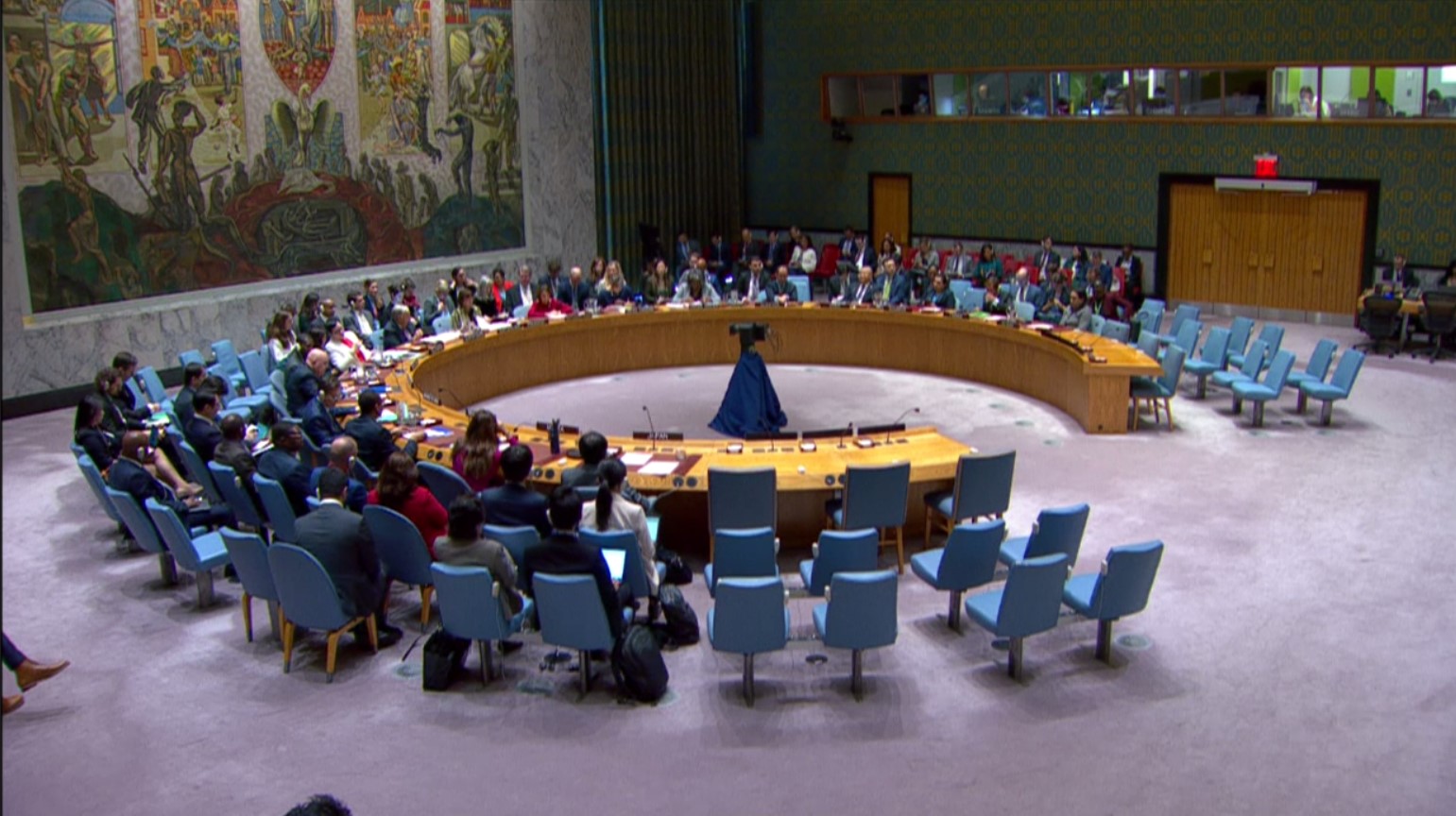
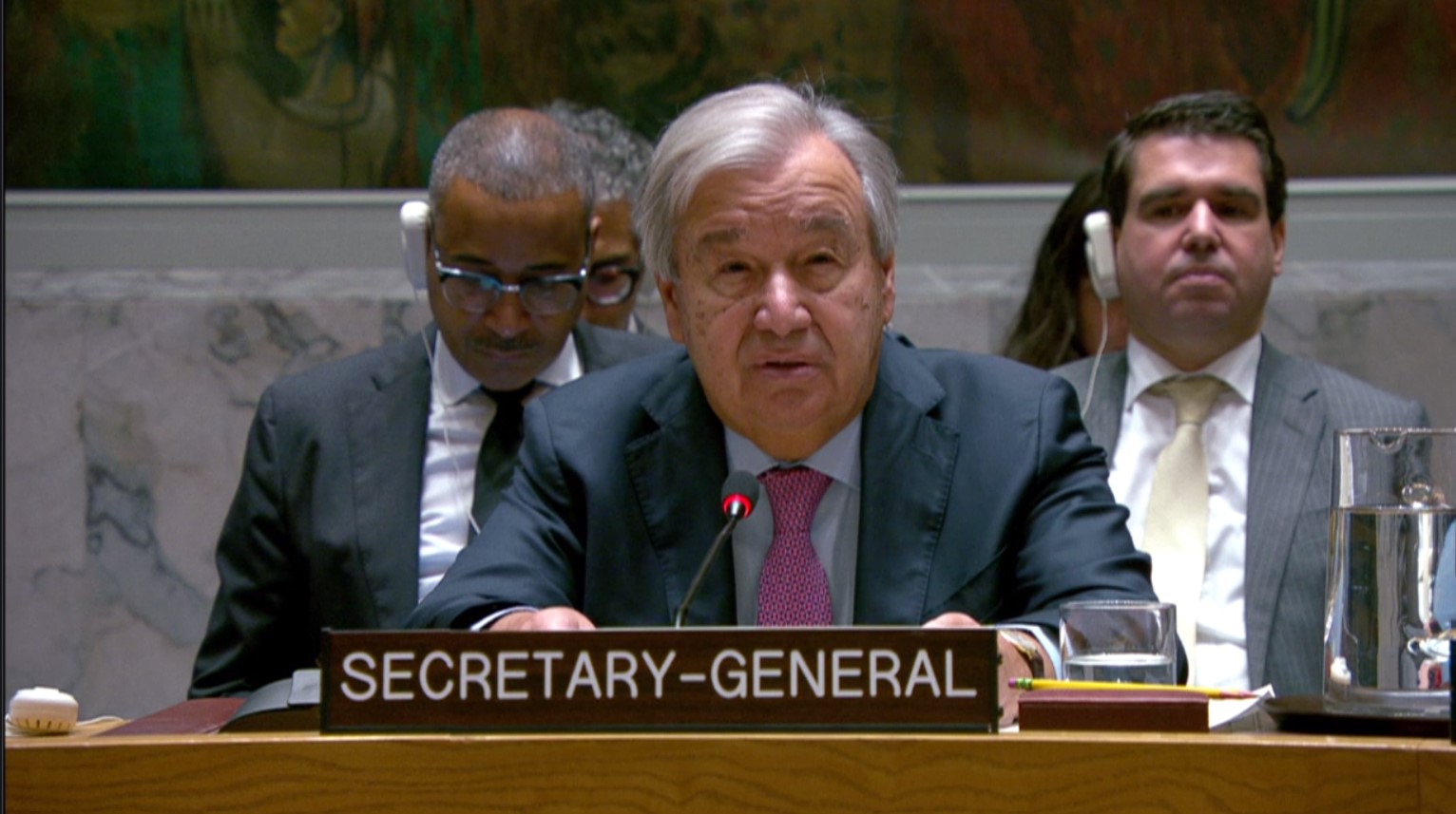
Briefing the Council following the latest events in the region, Guterres warned that the raging fires in the Middle East are fast becoming an inferno.” In recent days, he said, “we have seen a dramatic escalation – so dramatic that he wondered “what remains of the framework this Council established with resolution 1701.”
The Secretary-General said peacekeepers from the United Nations Interim Force in Lebanon (UNIFIL) “remain in position, and the UN flag continues to fly despite Israel’s request to relocate and stressed that “the safety and security of all UN personnel must be ensured.”
Guterres, who was declared persona non grata over his response to Iran’s ballistic missile attack on Israel, said, “as should have been obvious yesterday in the context of the condemnation I expressed -- I again strongly condemn yesterday’s massive missile attack by Iran on Israel. And these attacks paradoxically do nothing to support the cause of the Palestinian people or reduce their suffering.”
He said it was “high time to stop the sickening cycle of escalation after escalation that is leading the people of the Middle East straight over the cliff.”
Iran launched approximately 200 ballistic missiles on Tuesday towards Israel. Since last October, more than 1,700 people have been killed in Lebanon -- including over 100 children and 194 women.
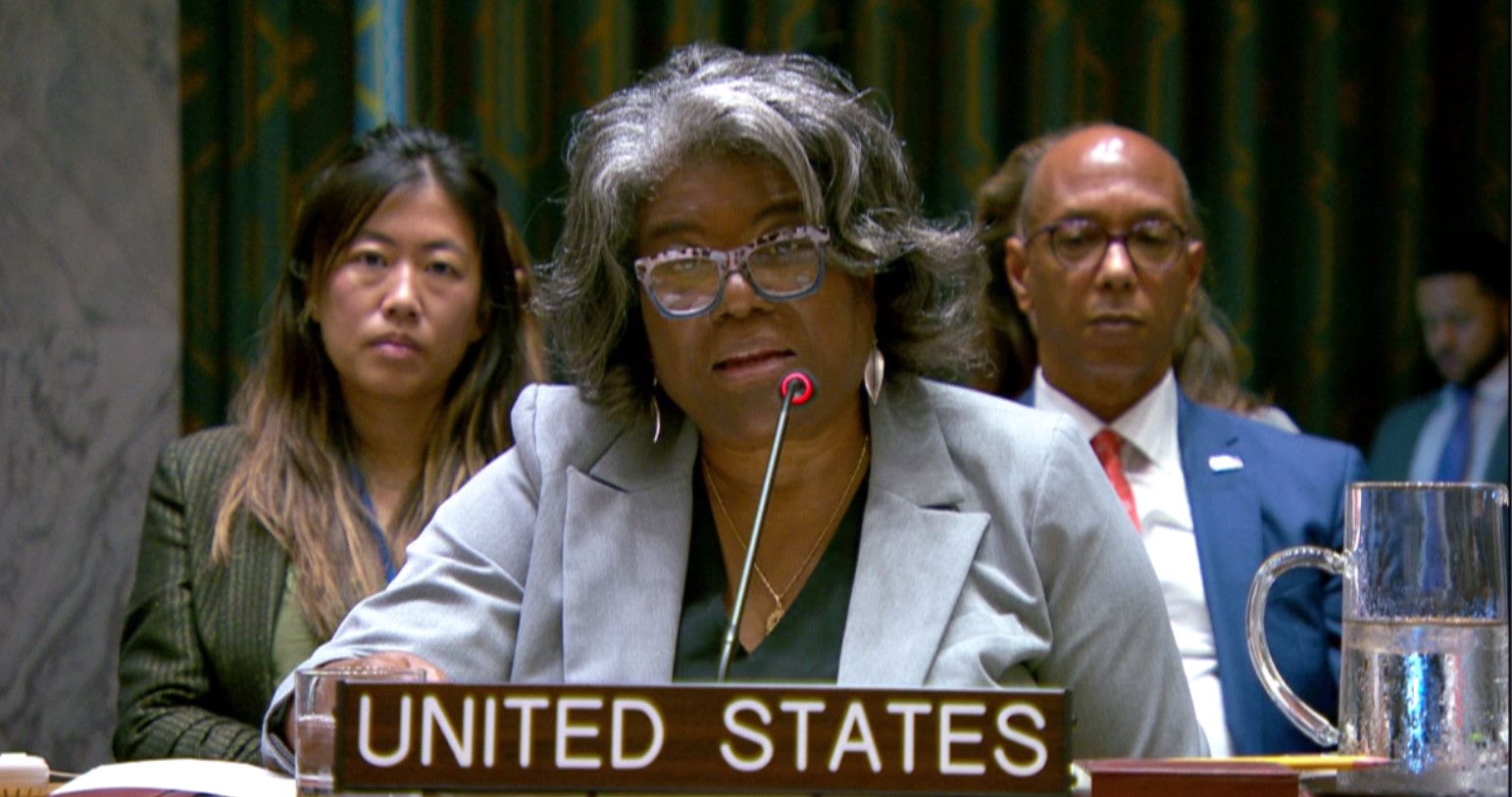
United States Ambassador Linda Thomas-Greenfield said, “thankfully, and through close coordination between the United States and Israel, Iran failed to achieve its objectives. This outcome does not diminish the fact that this attack, intended to cause significant death and destruction, marked a significant escalation by Iran. It does not negate the need for immediate Council action.”
Thomas-Greenfield said, “this is a moment for this Council to speak out – with one voice – and condemn Iran for its unprovoked attack against another Member State,” as well as to “impose serious consequences” on the Islamic Revolutionary Guard Corps of Iran “for its actions.”
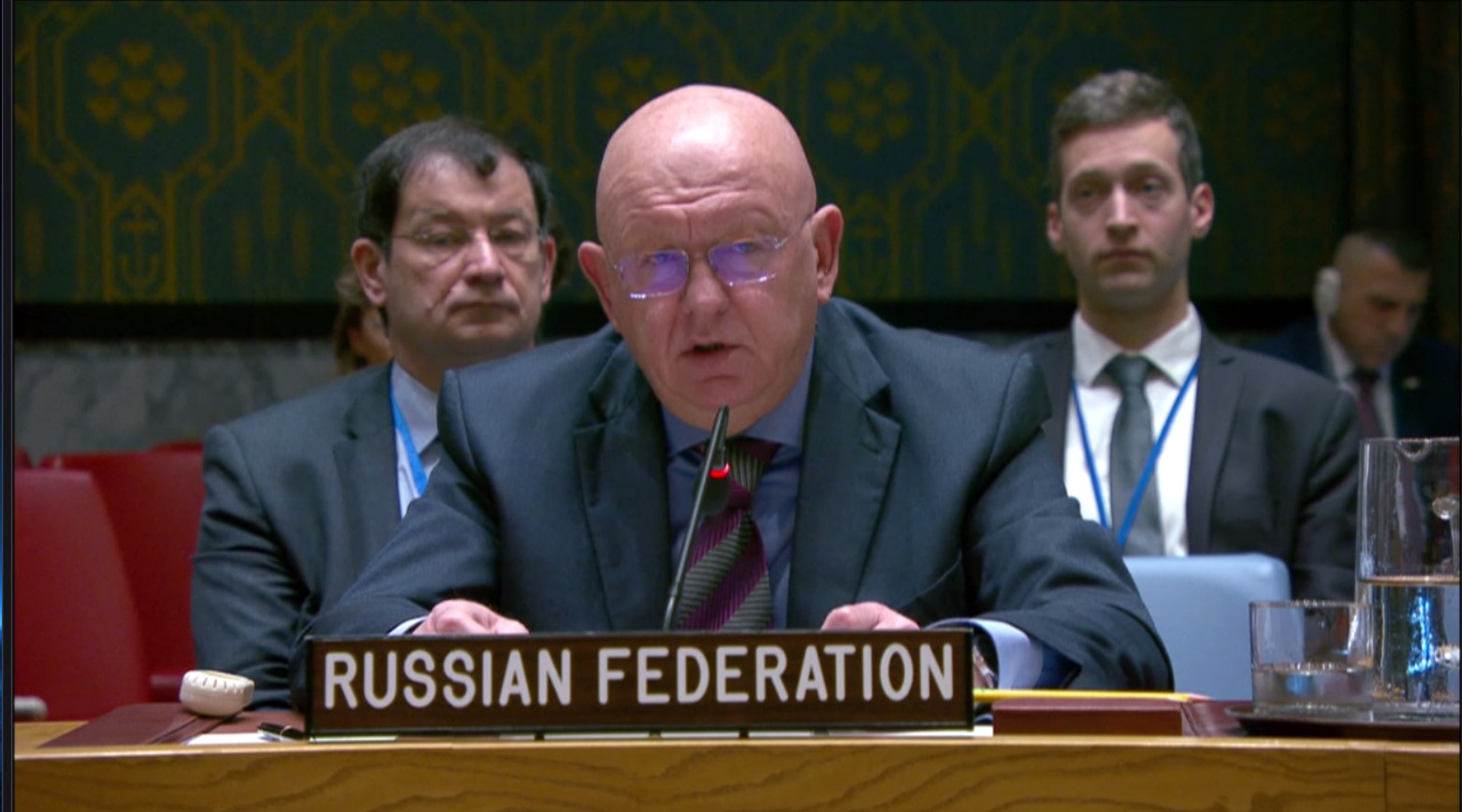
Russian Ambassador Vasily Nebenzya for his part said “14 out of 15 members of the Security Council would have already undertaken the measures to compel parties to peace and would have saved this way the lives of thousands of innocent women, children and the elderly. And Israel would not have been able to act as brazenly and with such disregard to international law if they didn't feel themselves under an unequivocal and all around protection by the United States.”
Nebenzya said “today's news that the Secretary-General is a persona non grata in Israel is unheard of, and is a slap, not just on the UN but on all of us. We call on the members of the Security Council and the UN to react to this outrageous act.”
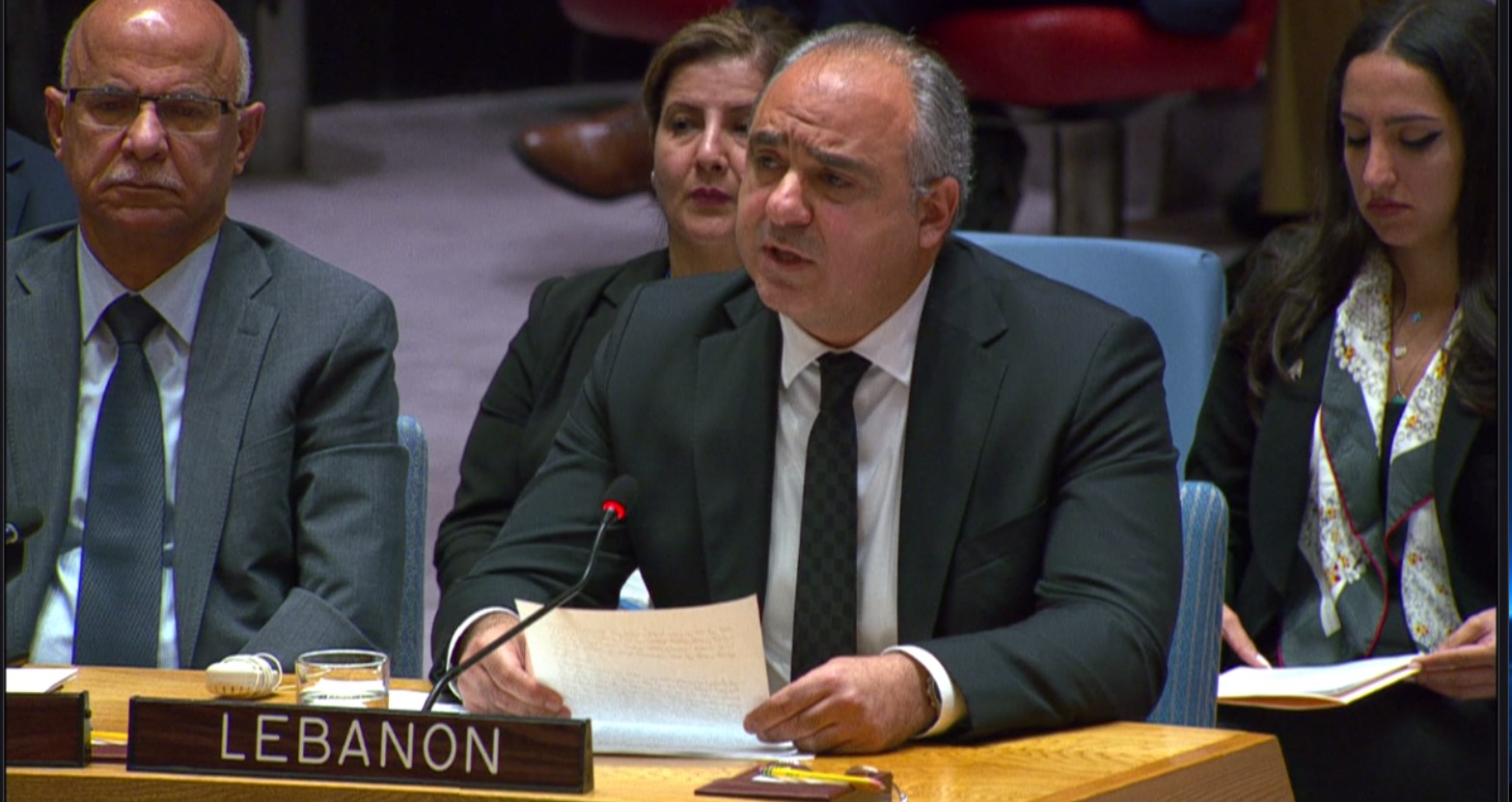
Lebanese Ambassador Hadi Hachem told the Council that “this unprecedented level of killing, displacement and destruction, this can no longer be tolerated or ignored.”
Hachem said, “the policy of putting our heads in the sand faced with a confrontation with israel, is no longer useful. The children of the south and the southern suburbs of Beirut are sleeping on the streets. Mothers are carrying their children fleeing the horrors of the destructive strikes and missiles used against civilians.”
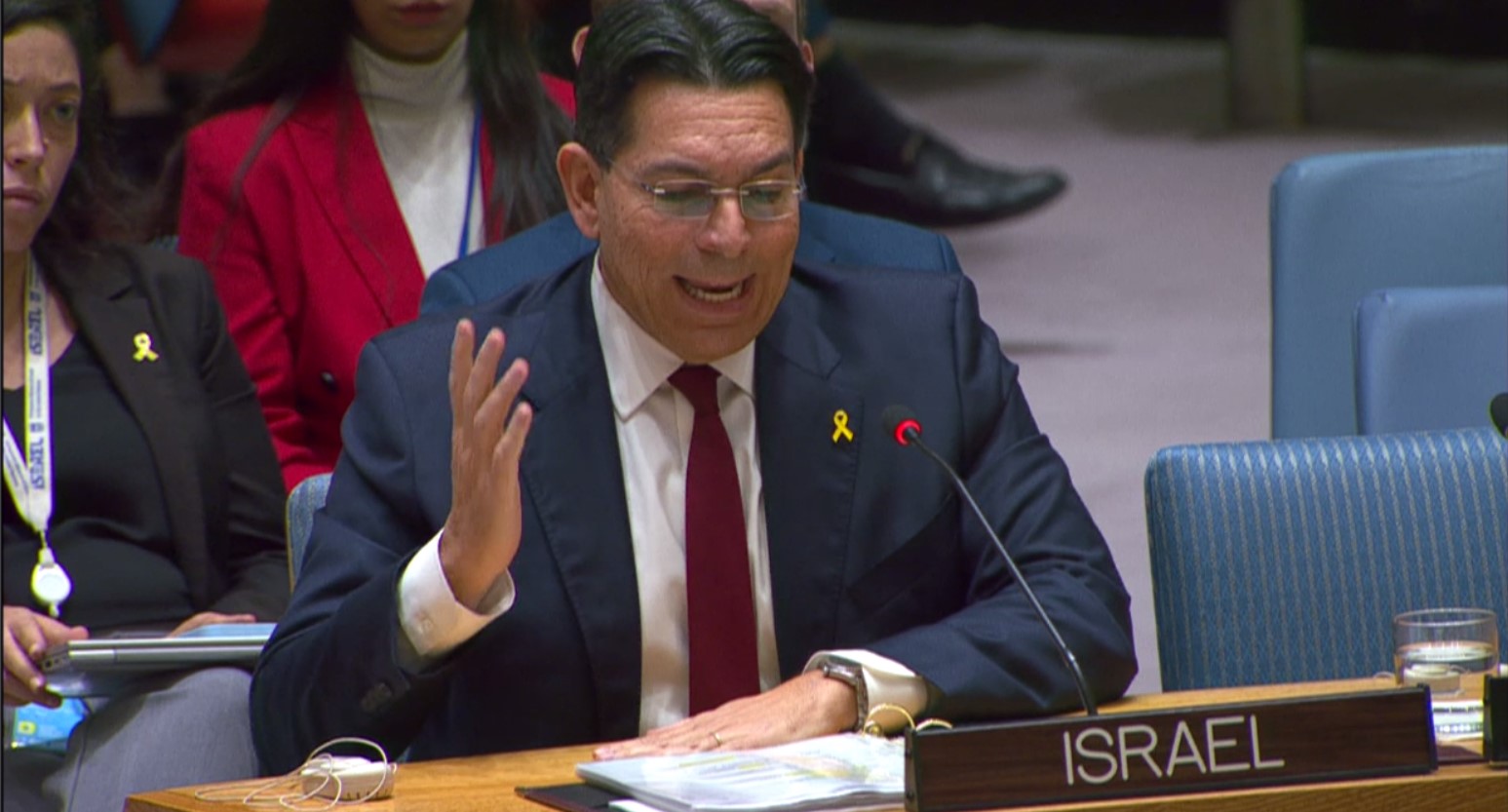
Israeli Ambassador Danny Danon said, “we are under attack. This was not just an escalation. It was a direct assault on our very existence.”
Danon said “the world watched silently as Iran funded and directed attacks against us for the past year, arming and training their proxies for decades. And the international community sat quietly. The silence, the routine calls for de-escalation, only emboldened Iran.”
The Israeli diplomat said that “to equate Israel, a nation simply wishing to live in peace, acting in defence of its people with an aggressor bent on our destruction is not just wrong. It is a grotesque and immoral distortion of reality.”
He said this was not “a conflict between two equal sides. This is a battle between a sovereign country defending its right to exist and a regime that seeks nothing less than our extinction.”
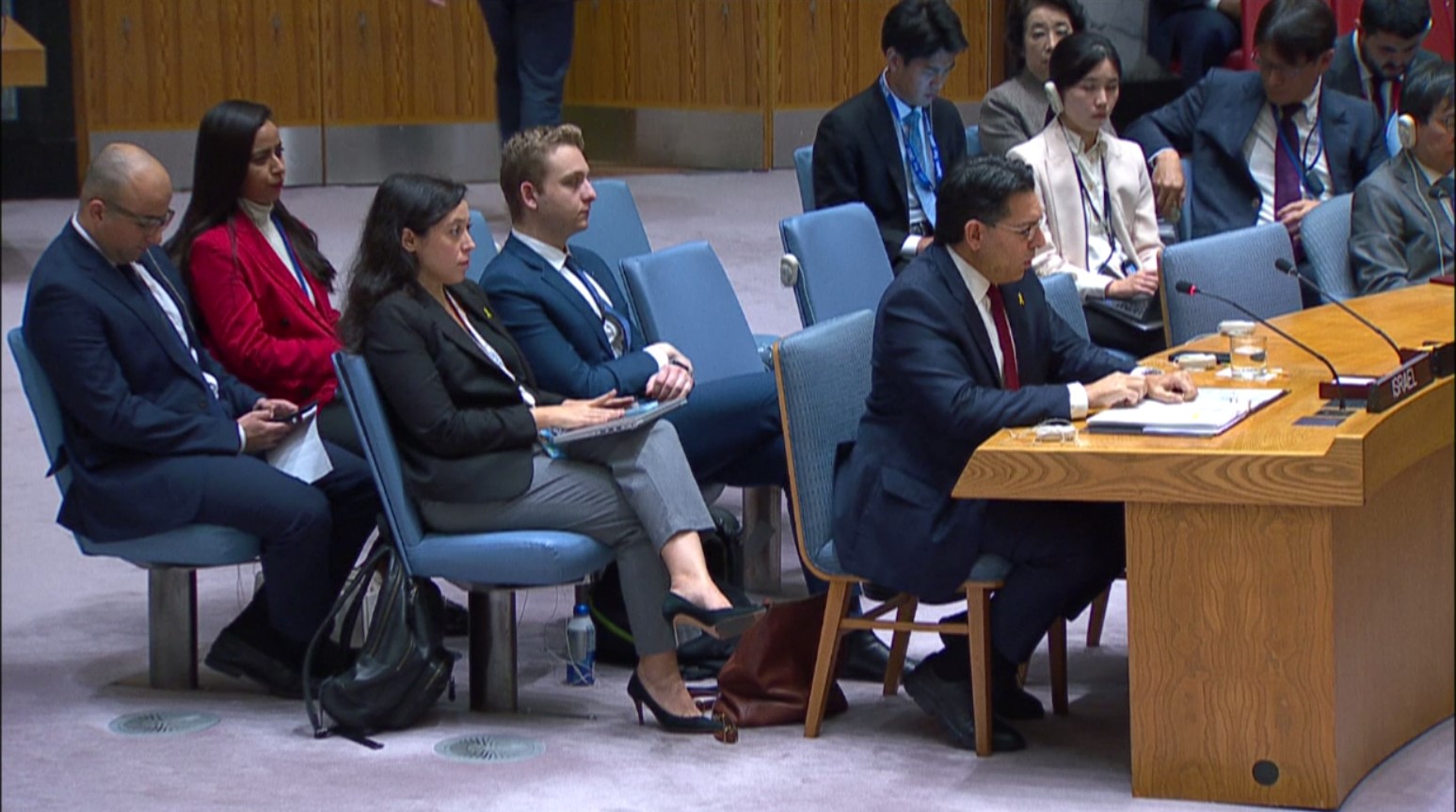
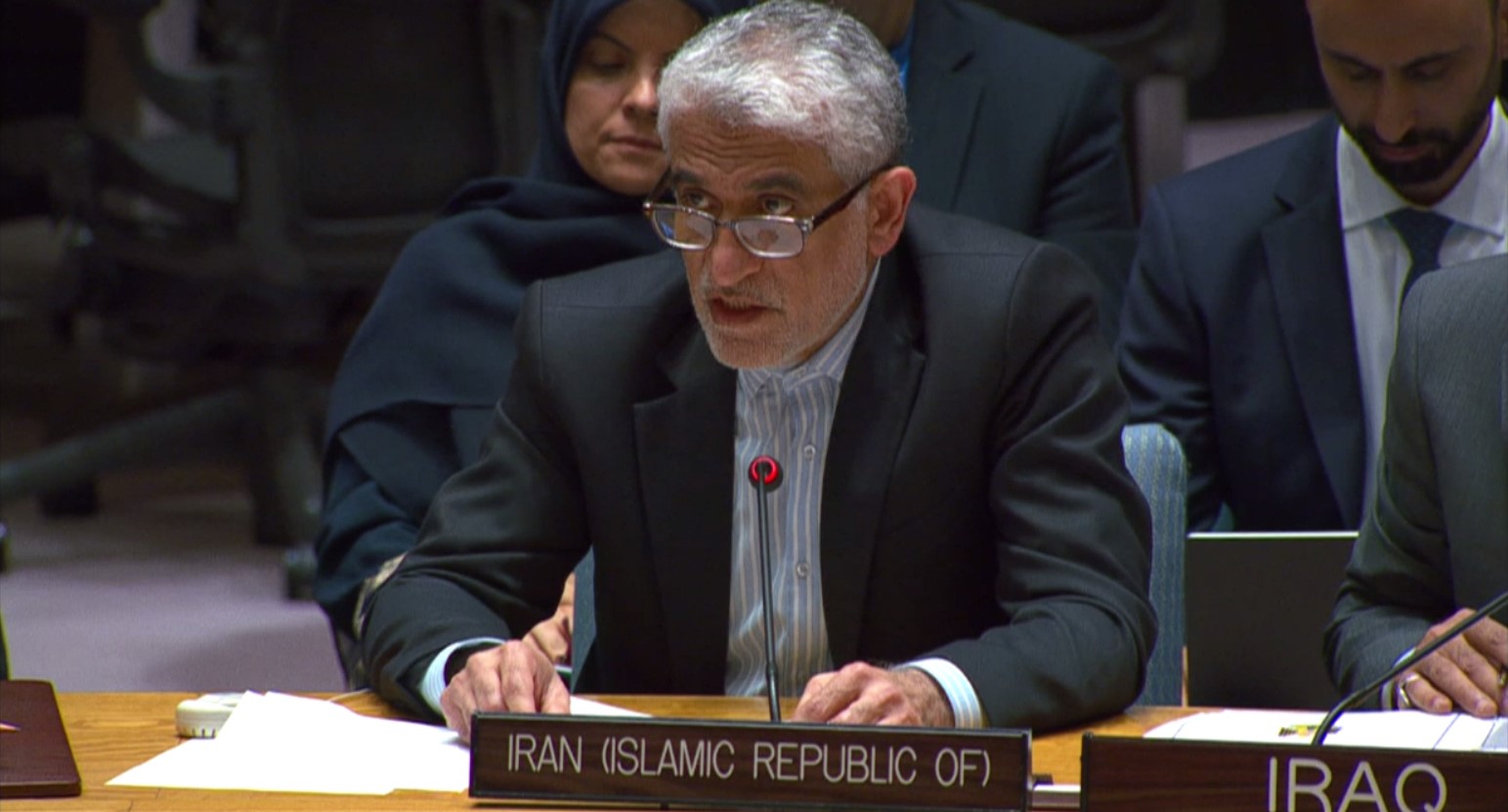
Iran Ambassador Amir Saeid Iravani for his part said, “our invocation of the right of self-defence, followed by an extended period of restraint, reflects Iran responsible approach to regional and international peace and security at a time when the illegal action and genocide carried out by this occupying apartheid regime against the Palestinian people, as well as its repeated military aggression against Lebanon and Syria, continue.”
Iravani said, “Iran's missile strikes were a necessary and proportionate response to Israeli continued terrorist aggressive acts over the past two months.”
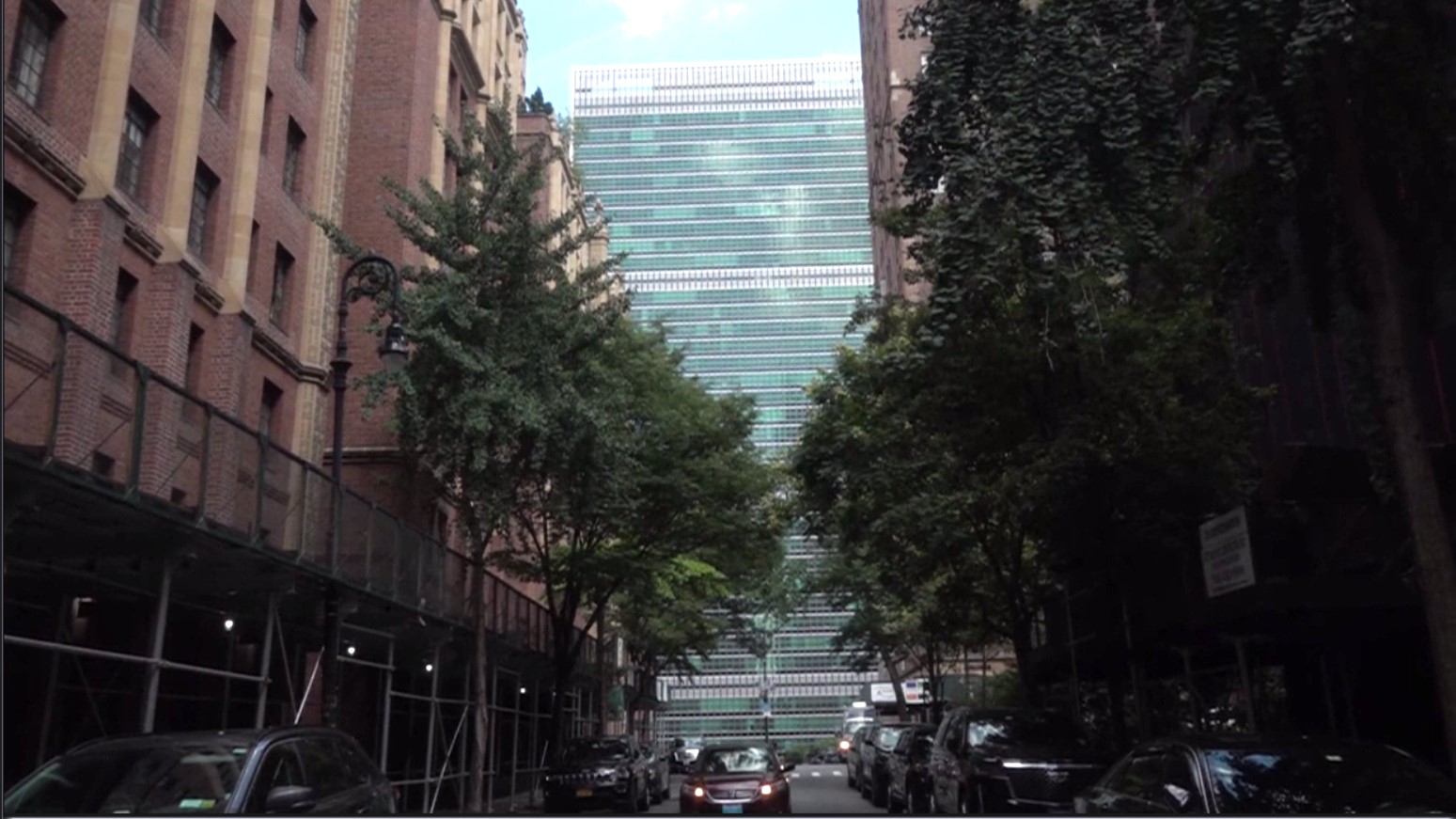



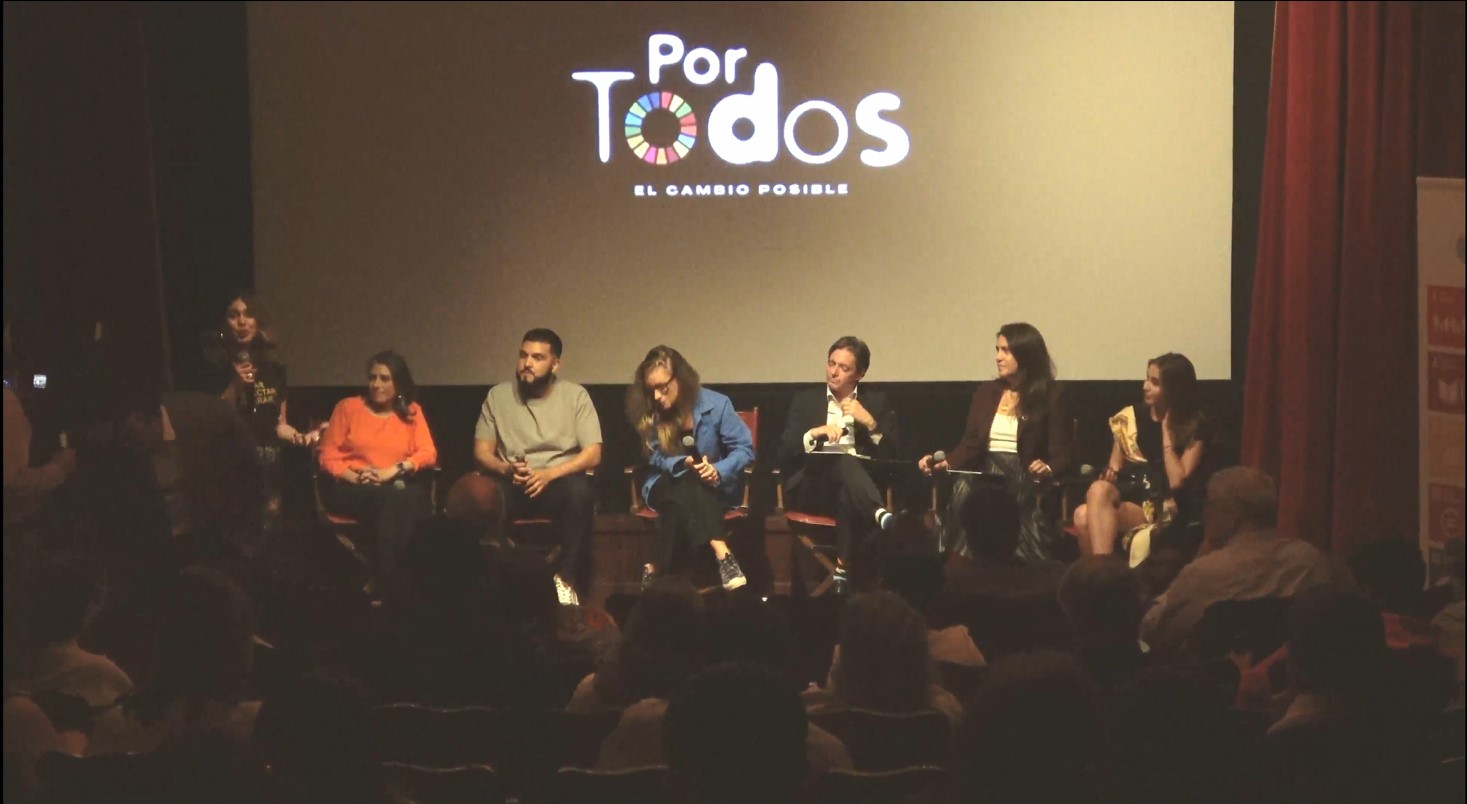
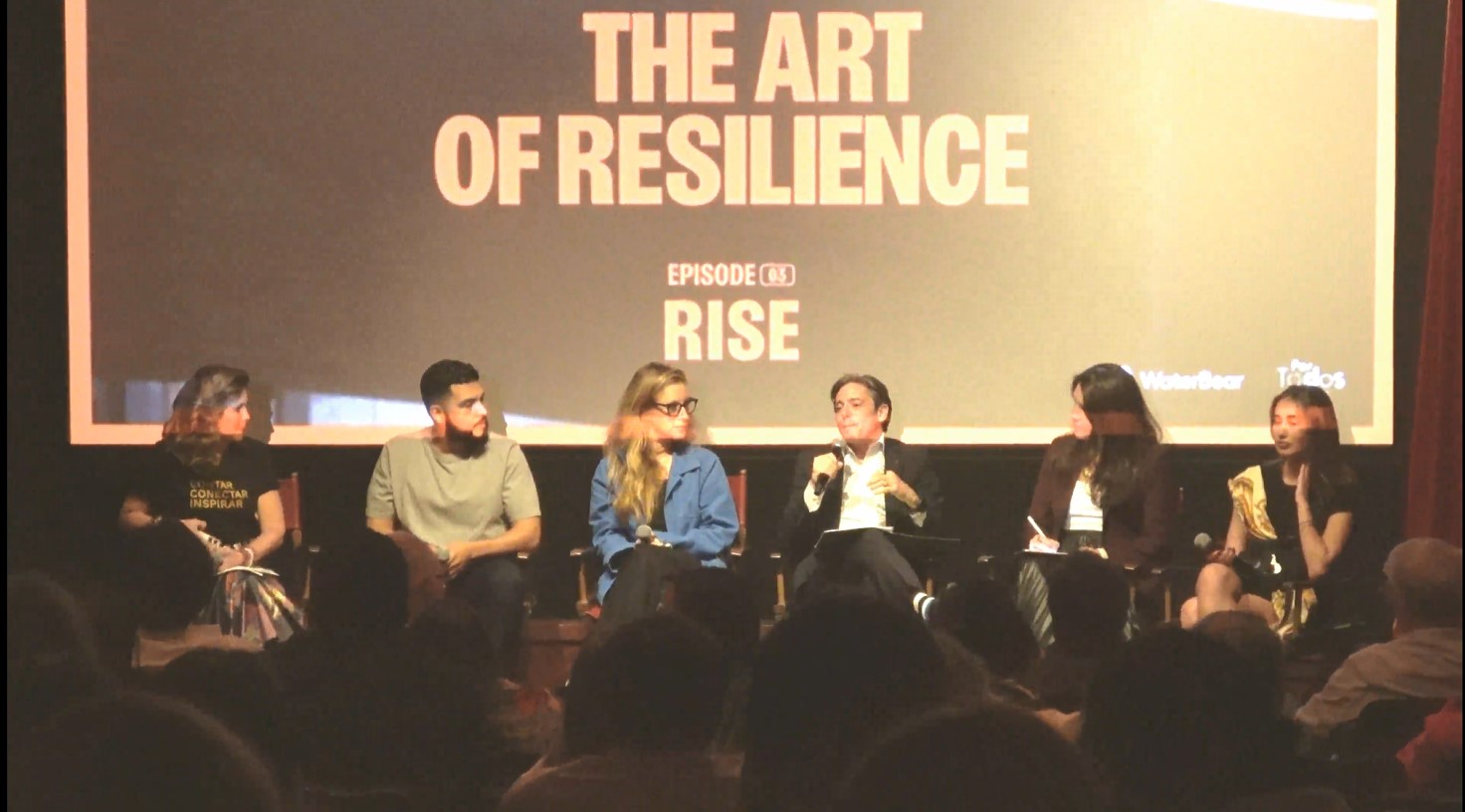
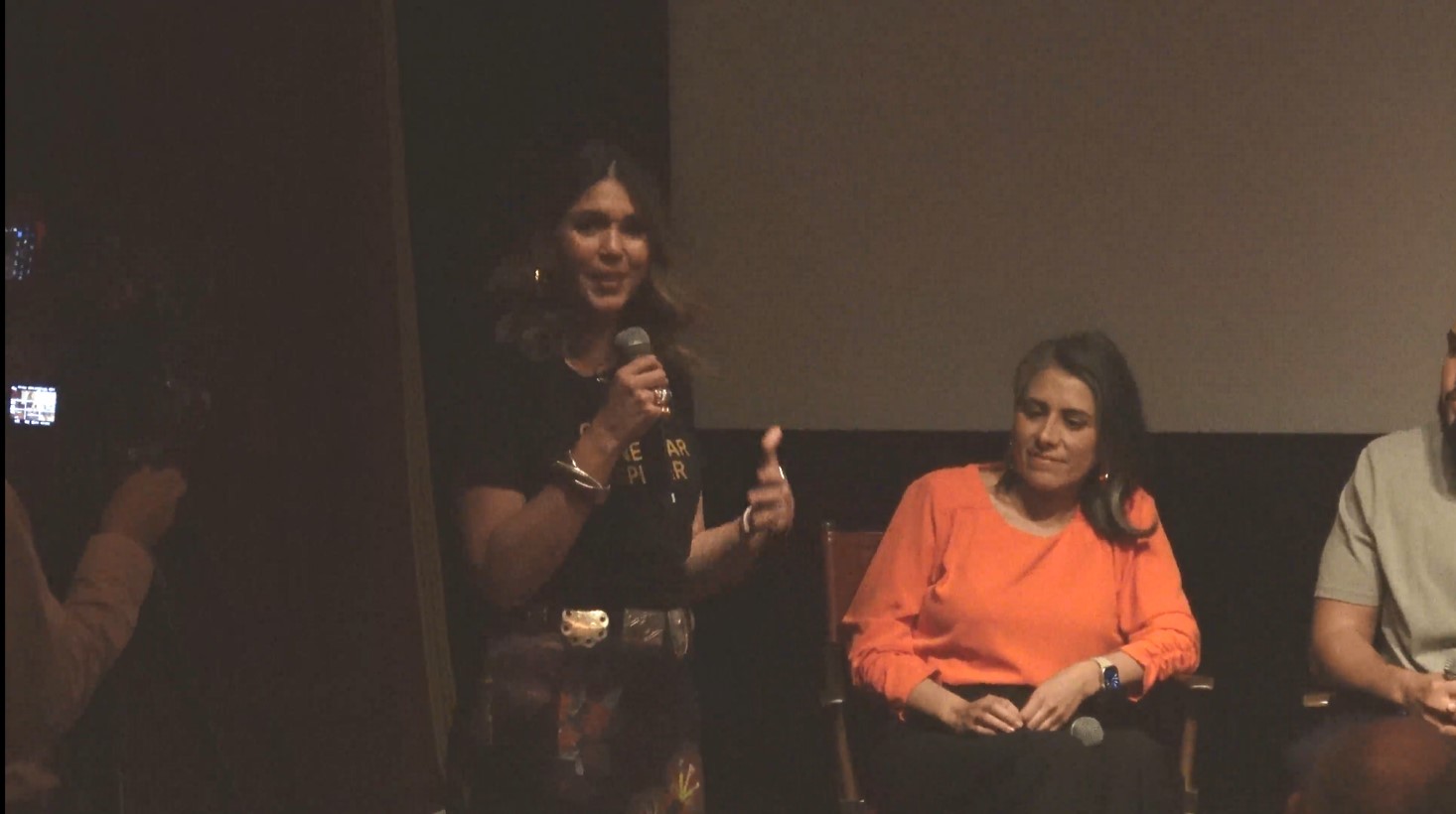
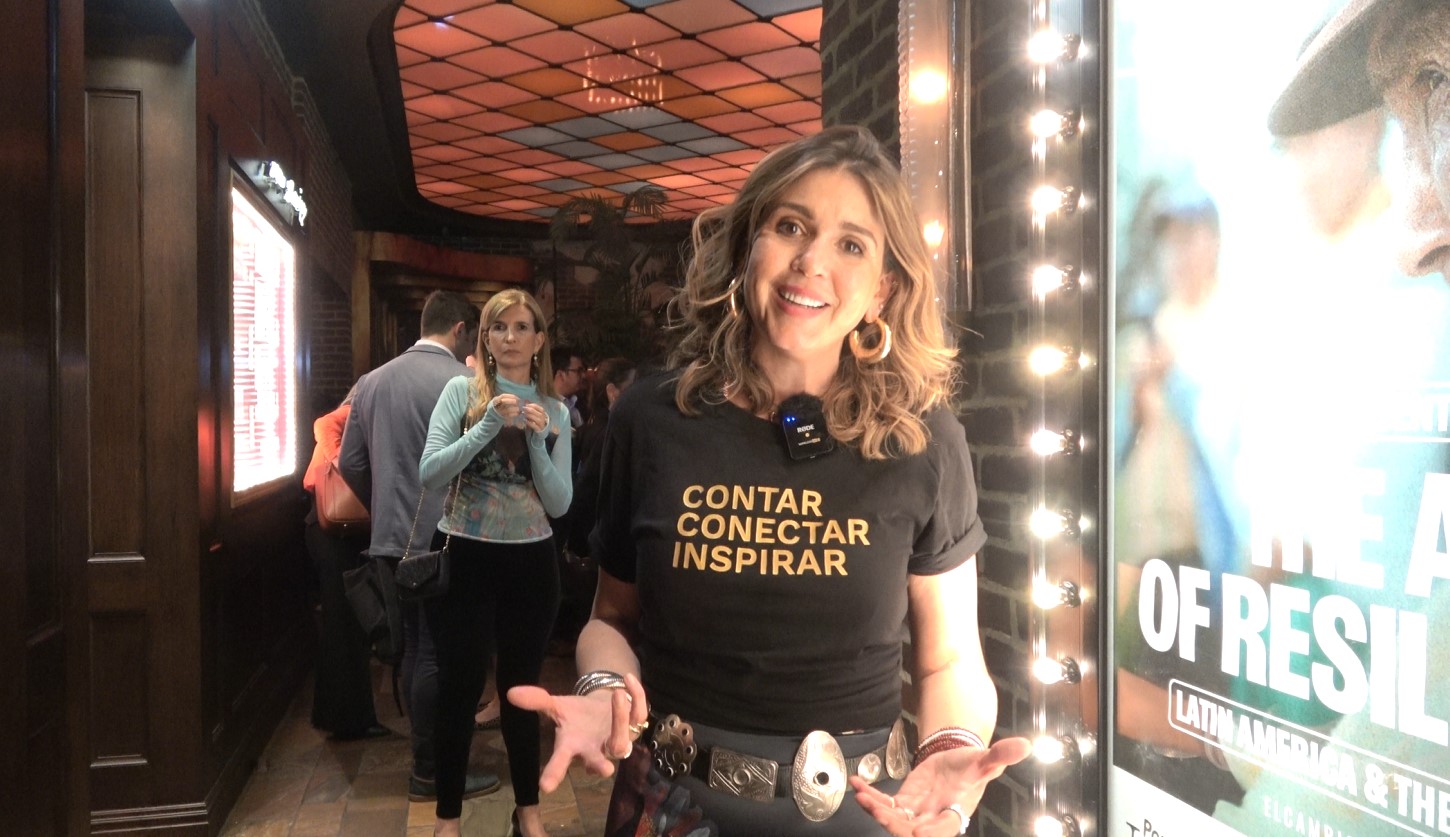
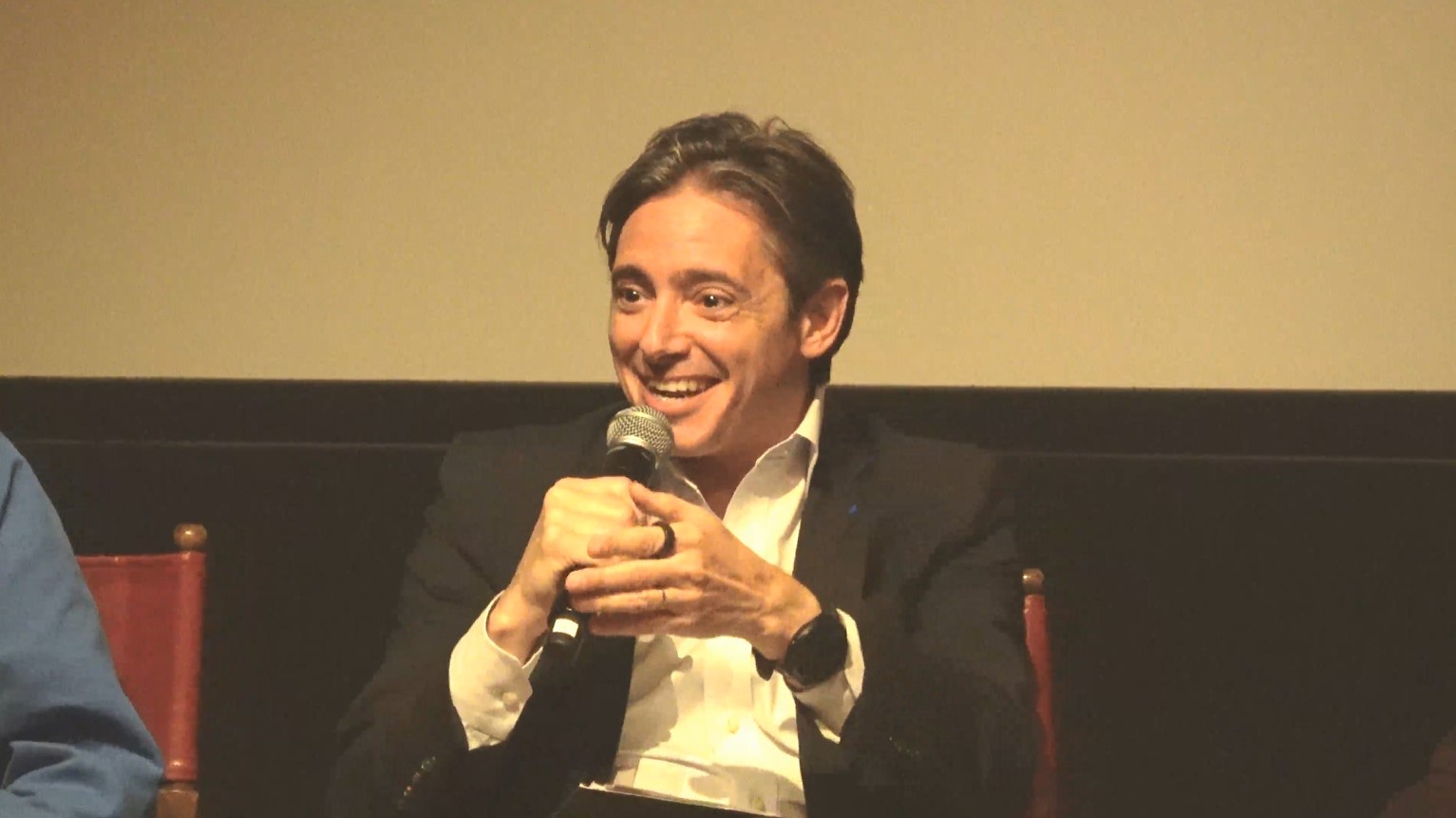
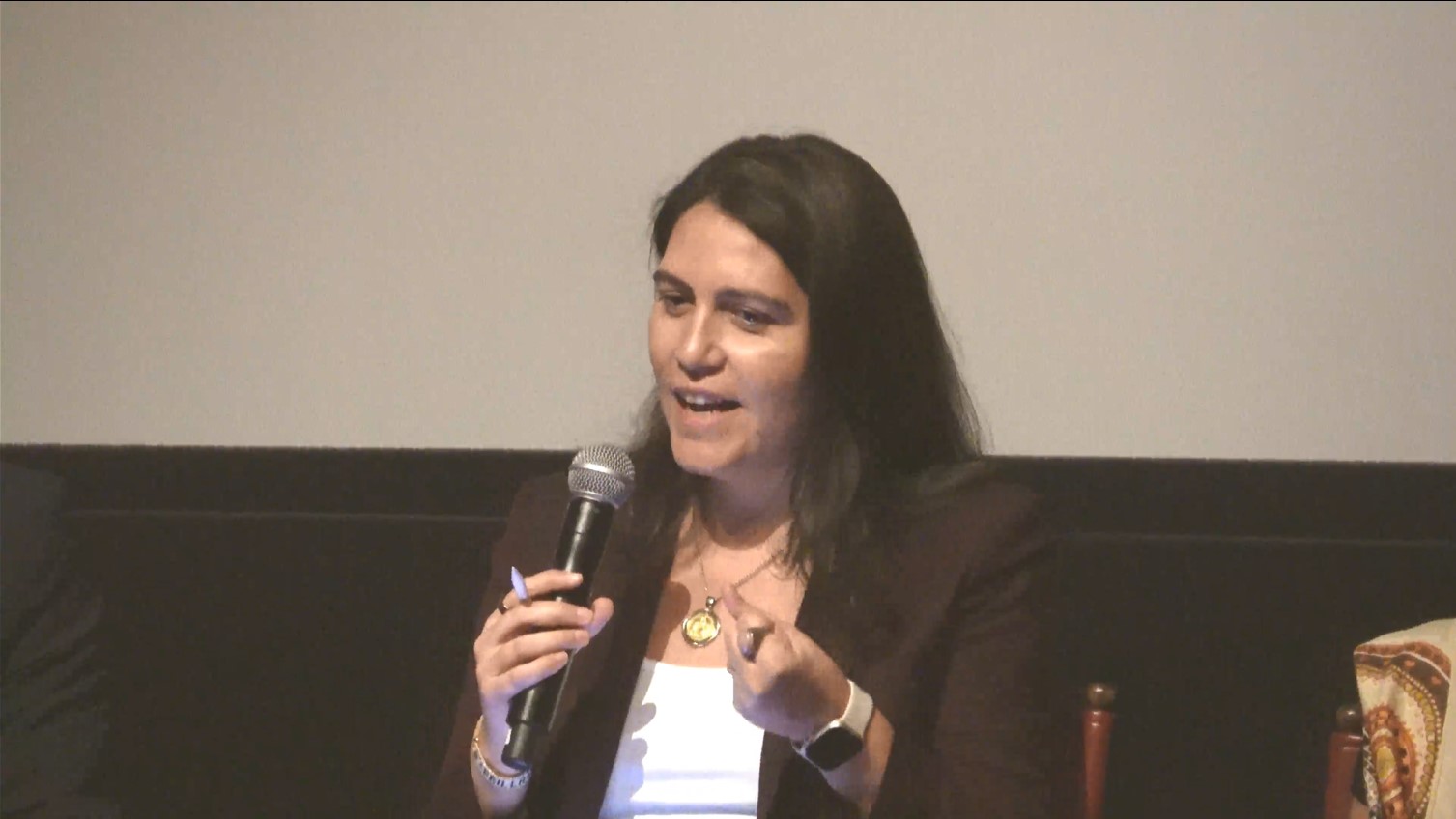
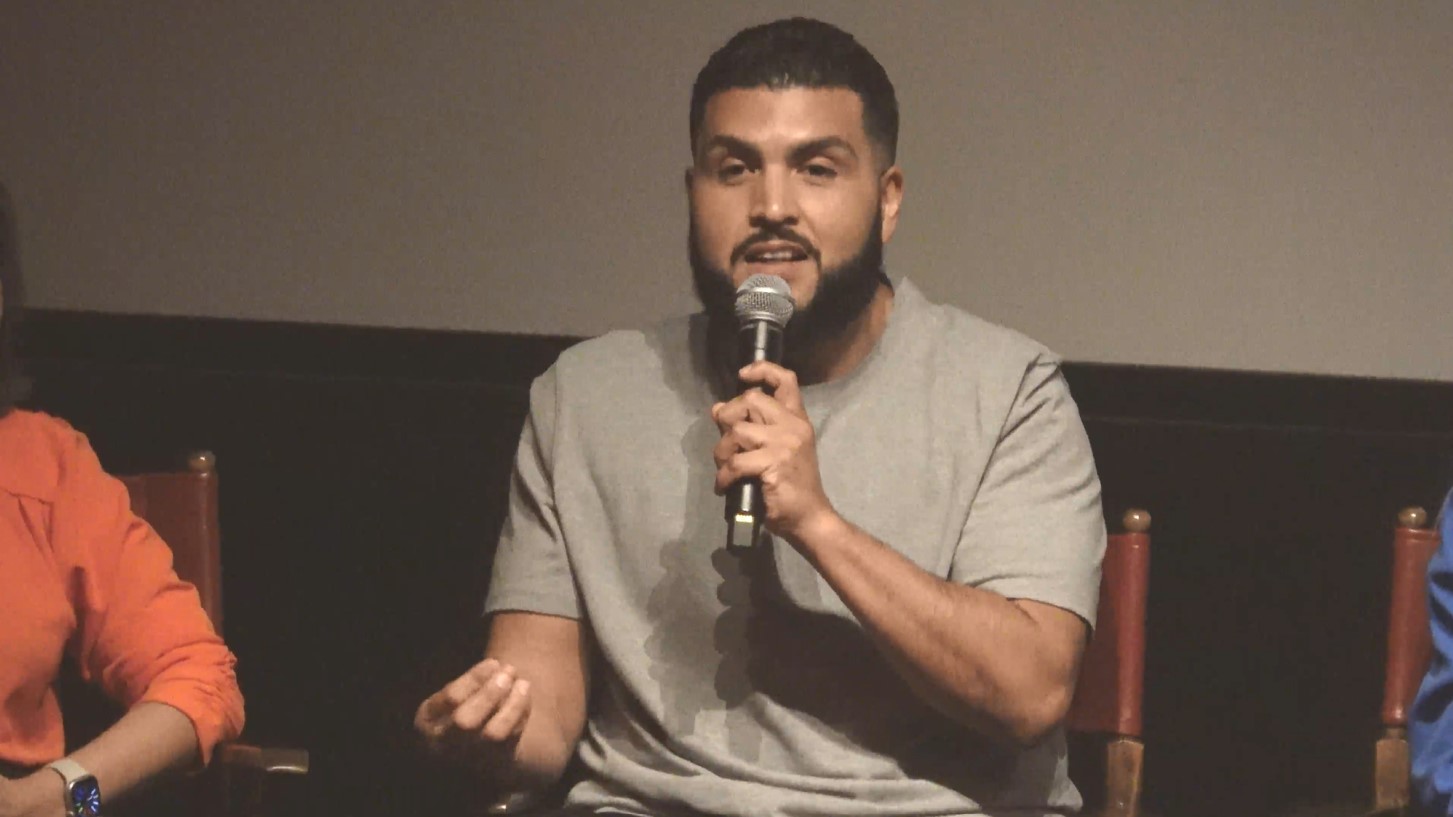
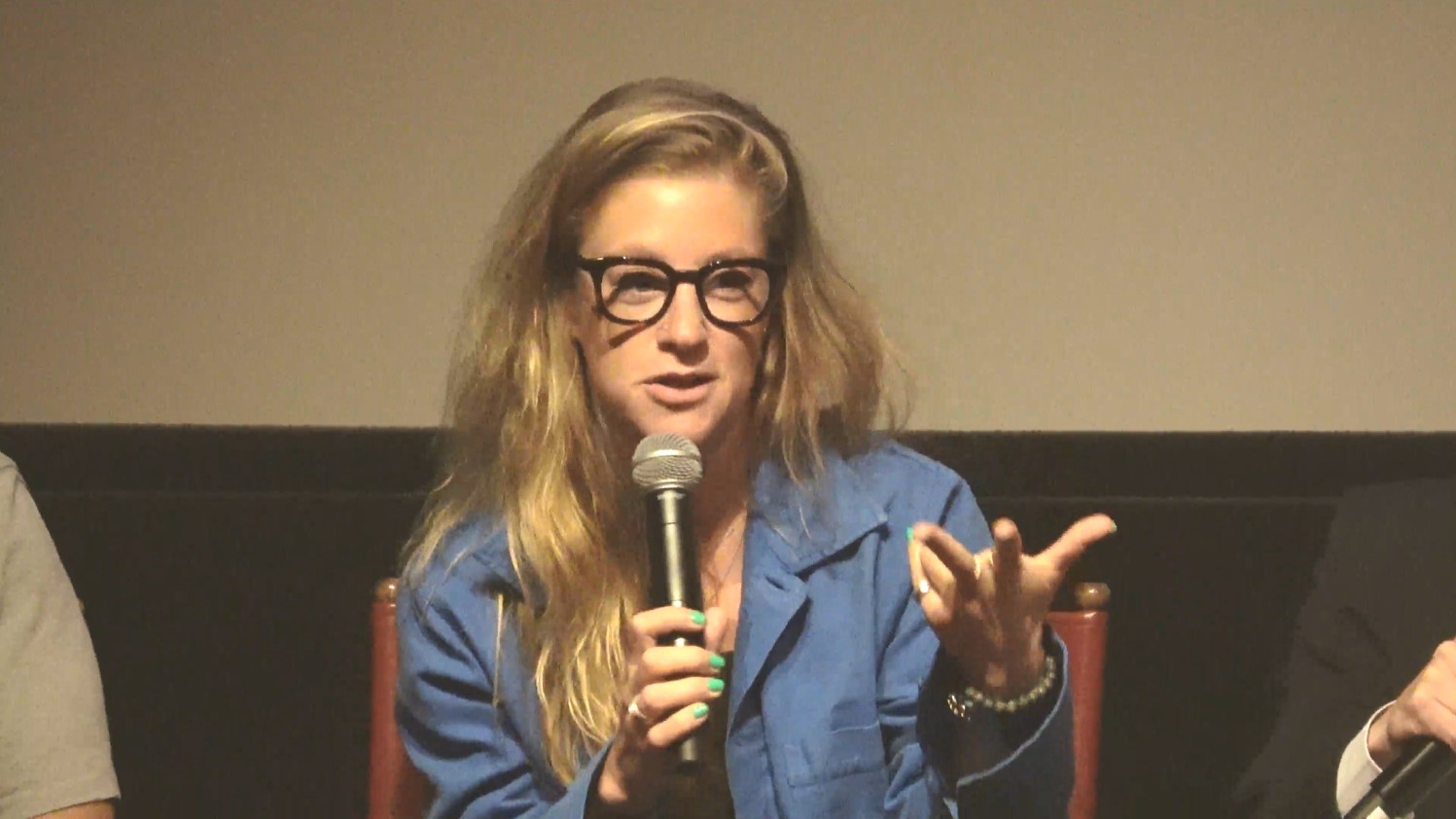
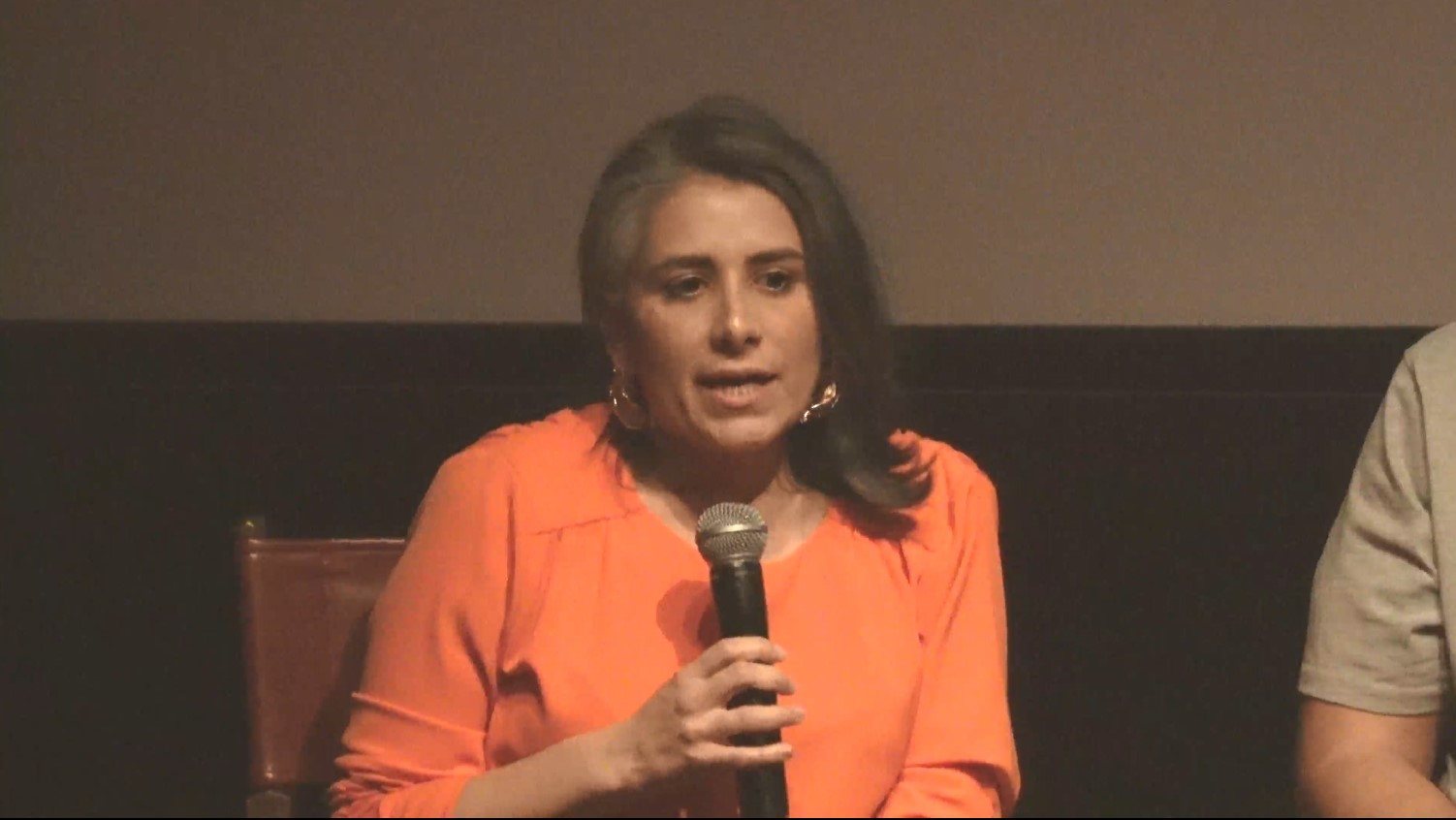
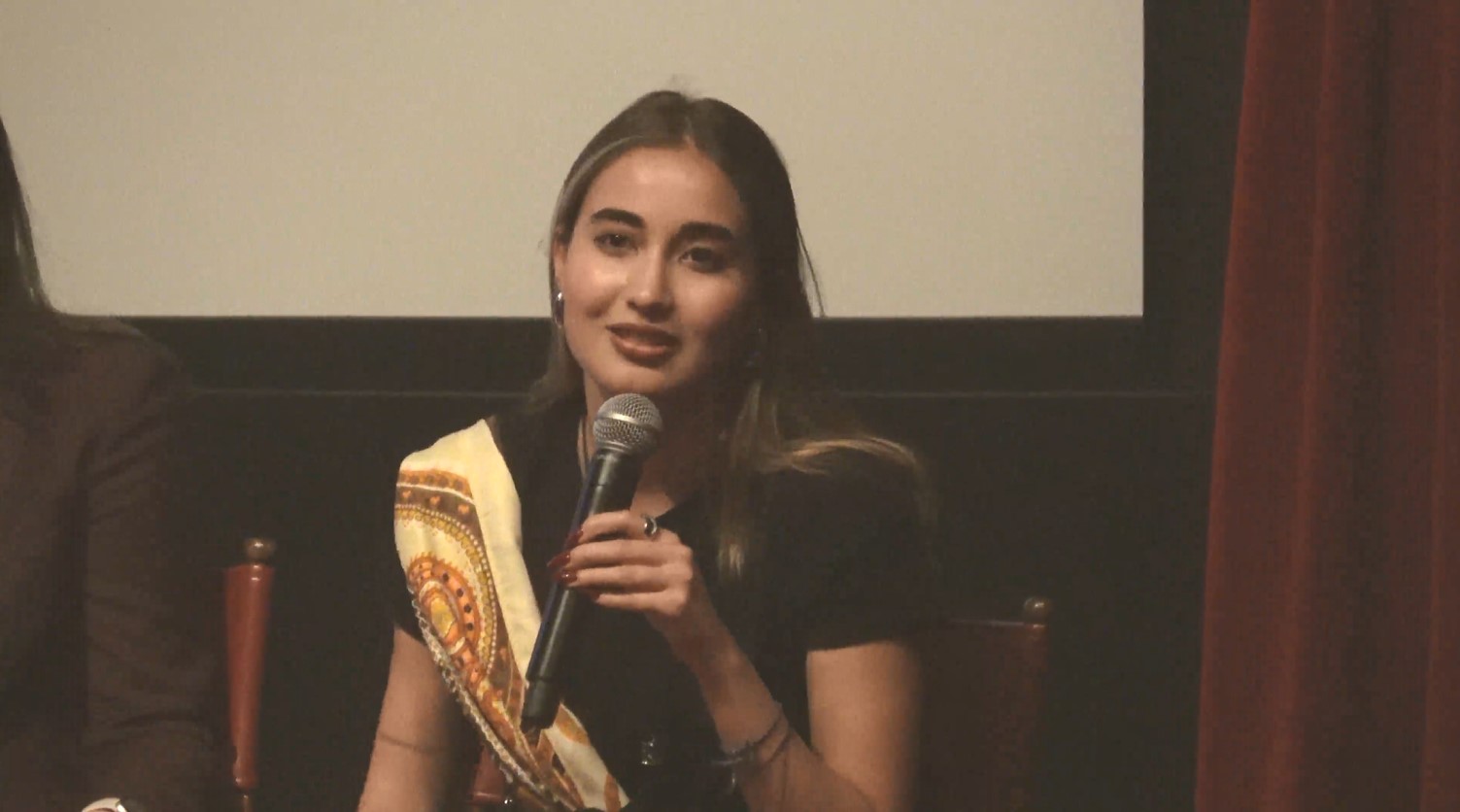
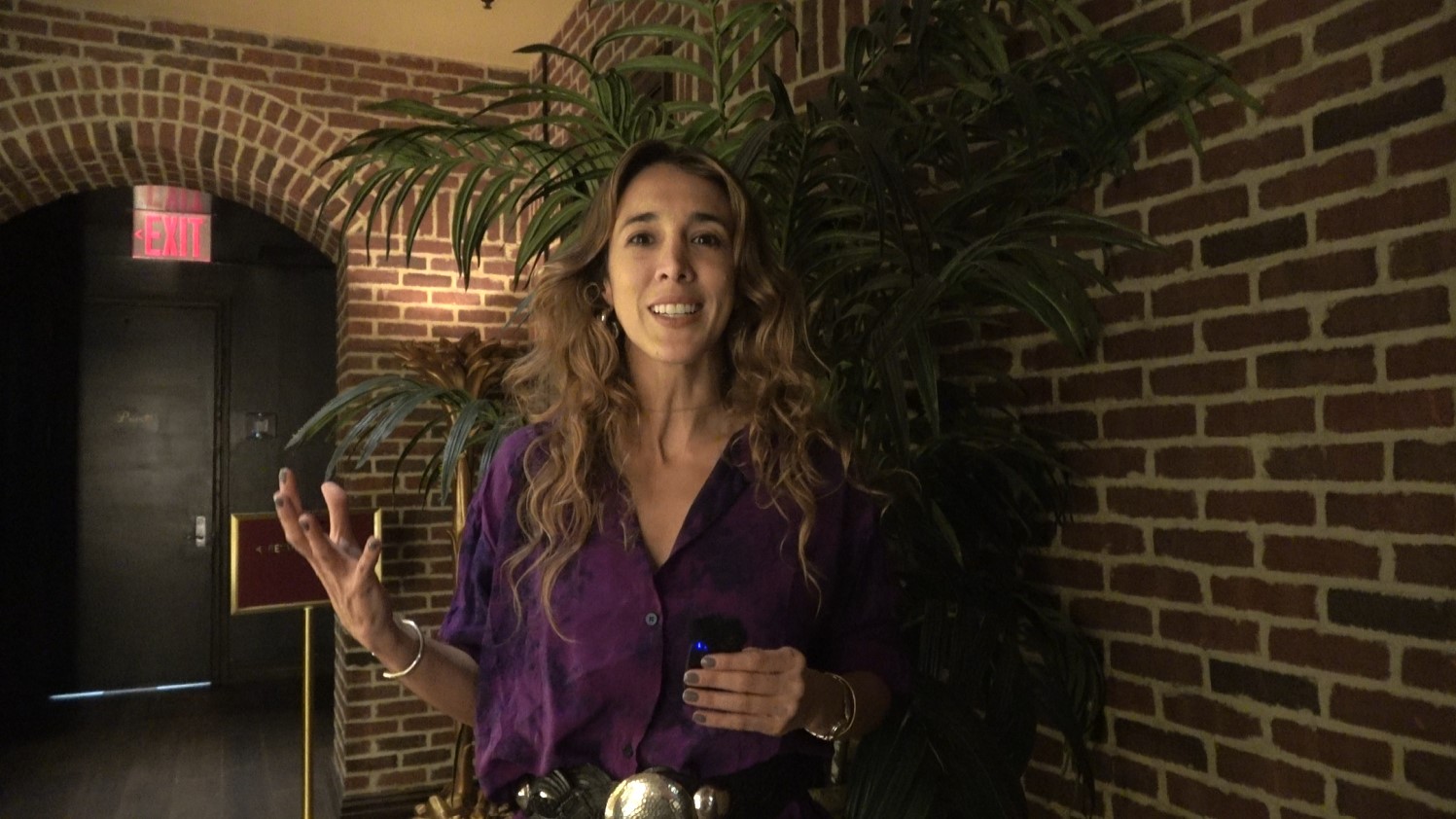
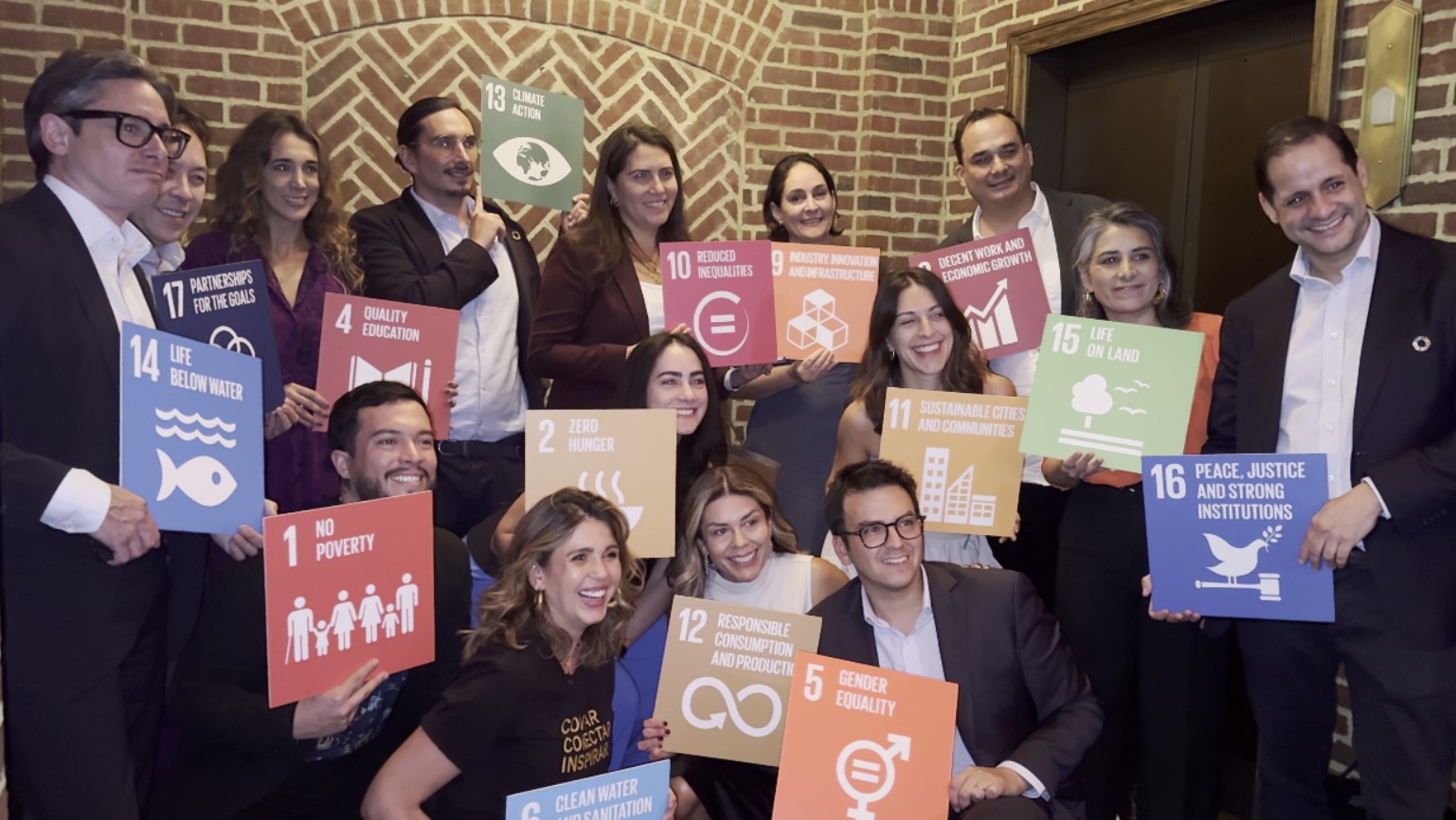
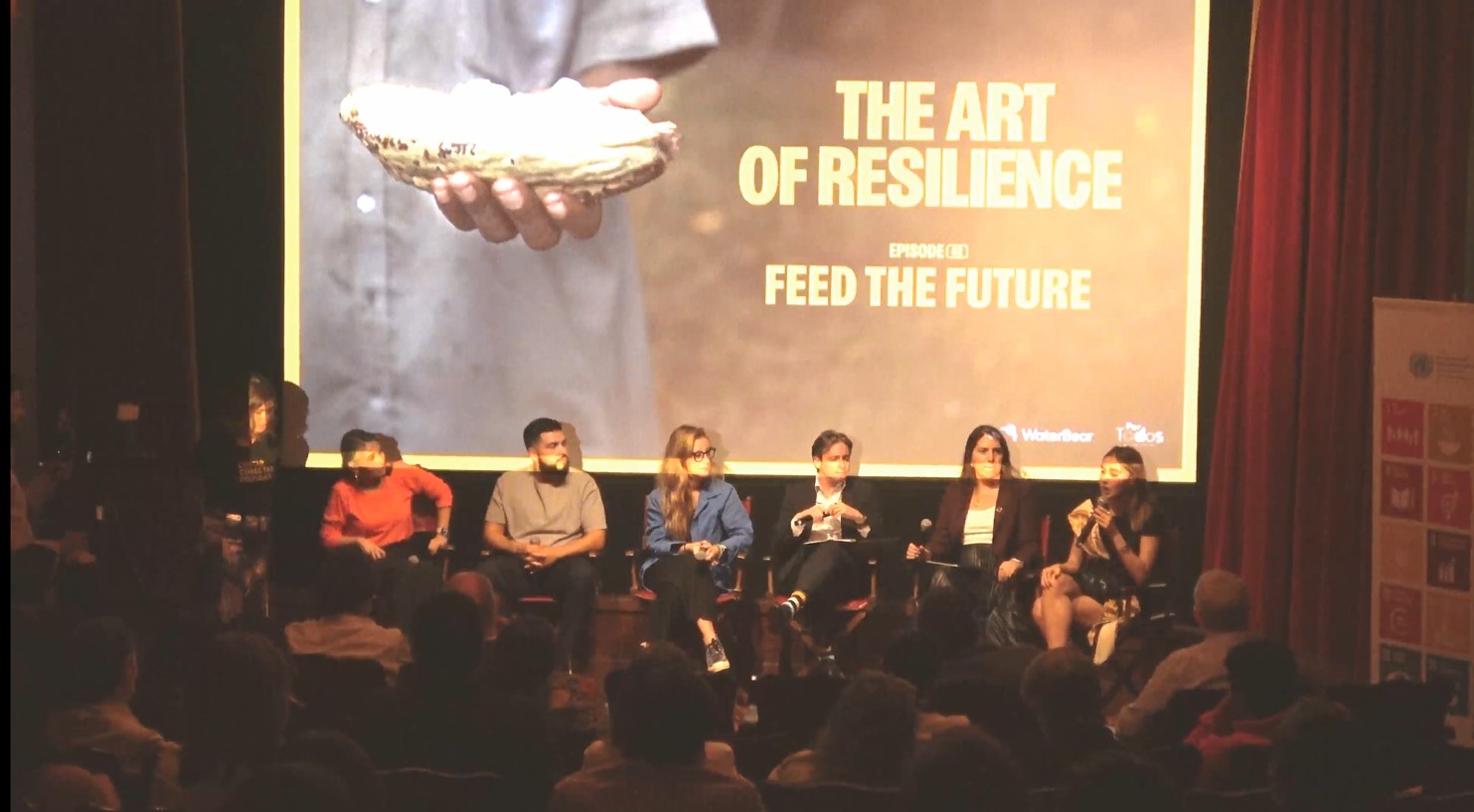
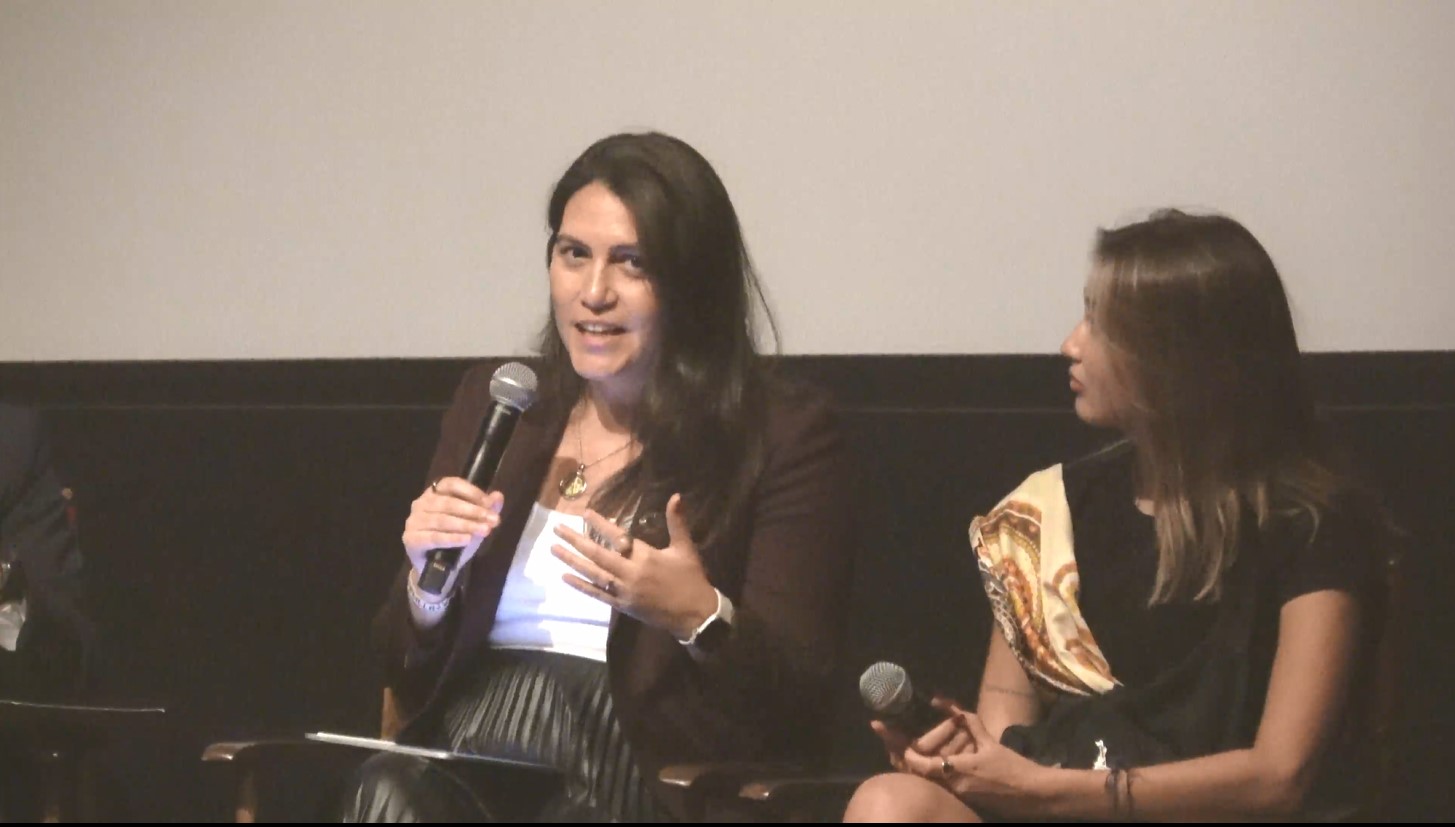
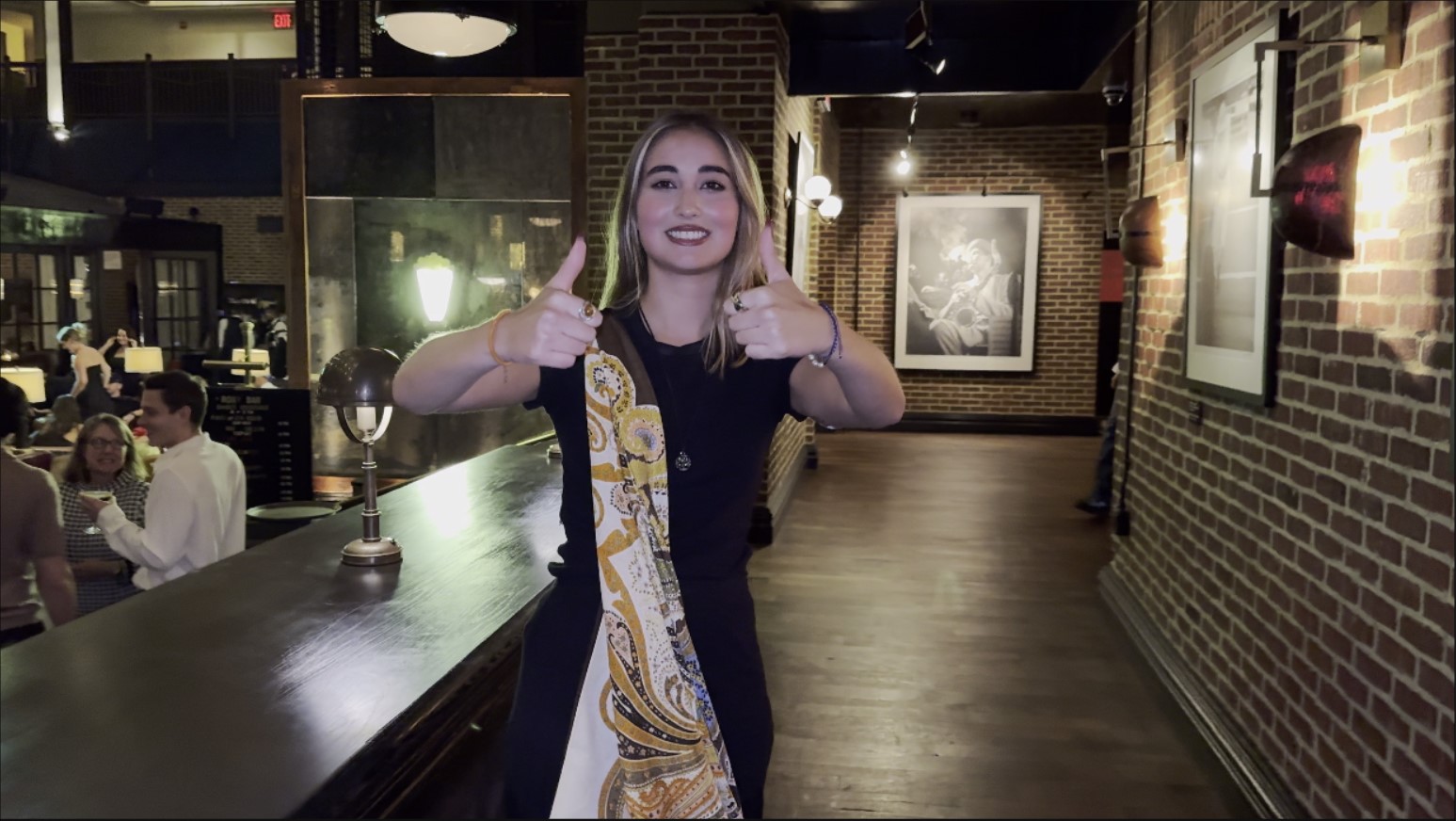
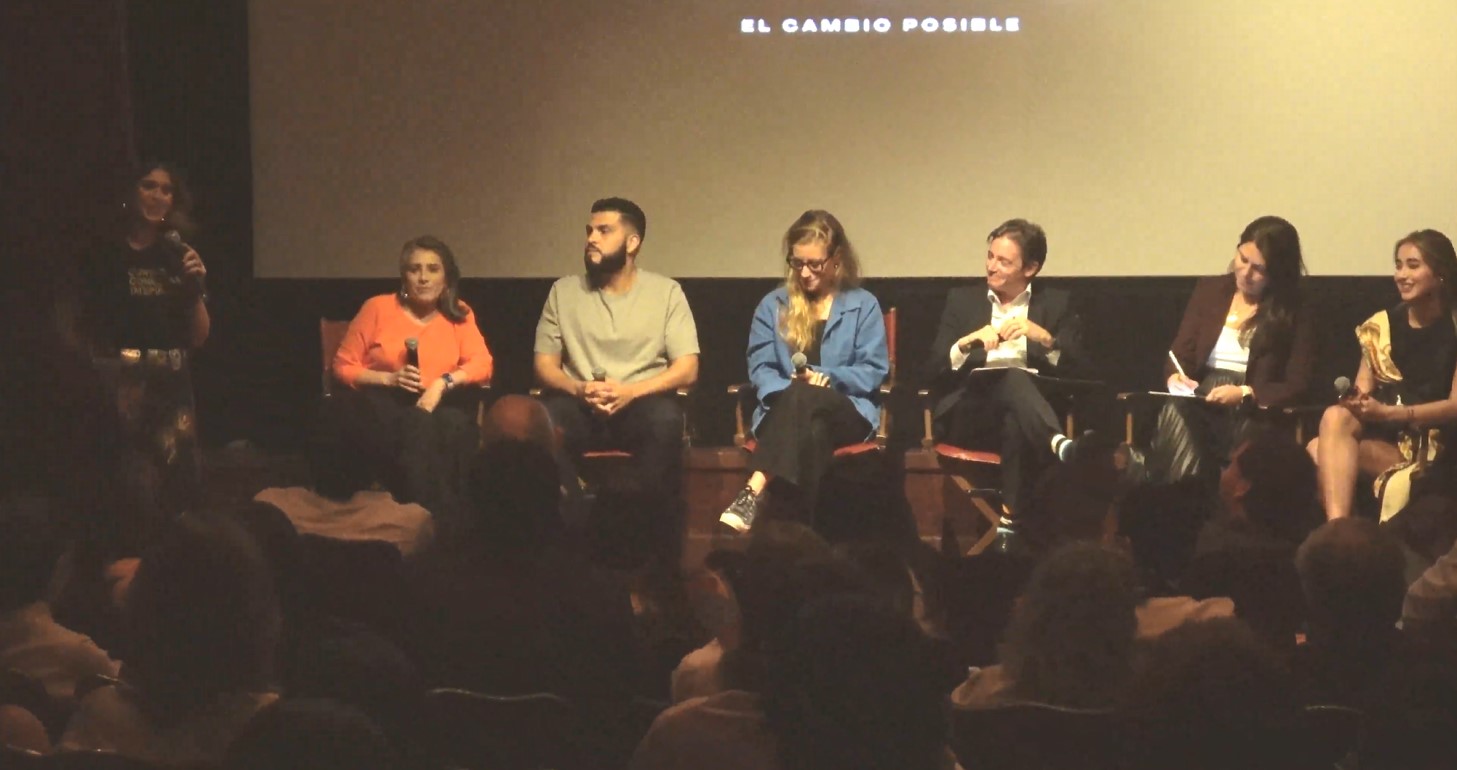
 © UNICEF/Frank Dejongh A teenage woman in Côte d'Ivoire holds up a solar panel. Boosting renewable energy is a key part of the climate action agenda.
© UNICEF/Frank Dejongh A teenage woman in Côte d'Ivoire holds up a solar panel. Boosting renewable energy is a key part of the climate action agenda. UN Photo/Mark Garten UN Secretary-General Antonio Guterres speaking at a press conference ahead of the General Assembly high-level week.
UN Photo/Mark Garten UN Secretary-General Antonio Guterres speaking at a press conference ahead of the General Assembly high-level week.